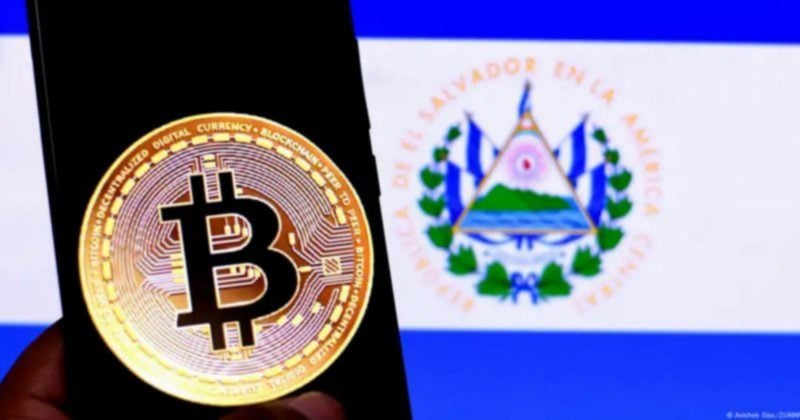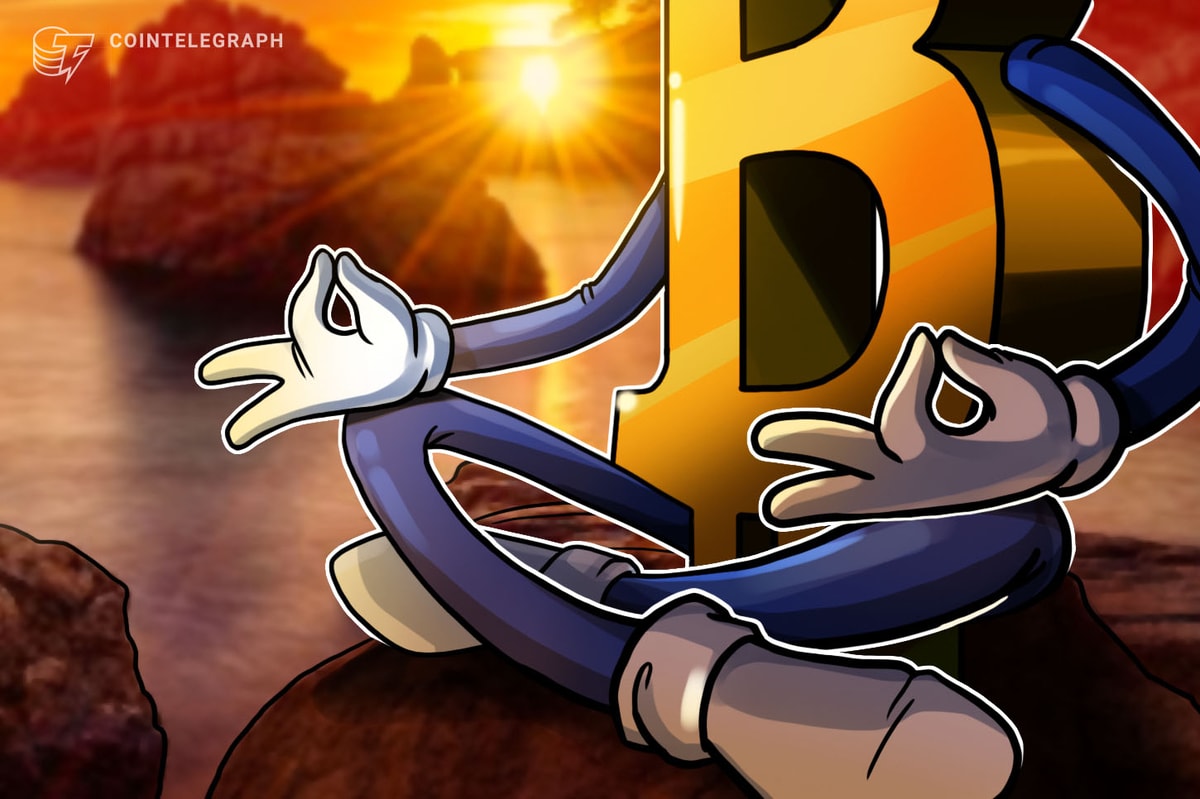TLDR:
- VERT issued $130M in tokenized agribusiness debt using the XRP Ledger.
- The platform logs every credit event on-chain, from creation to repayment.
- Ripple’s tech enables real-time tracking, smart contracts, and automation.
- Brazil eyes $500M in pipeline deals as tokenized credit gains global interest.
Brazilian fund manager VERT has launched a blockchain-based credit platform and kicked things off with a $130 million issuance.
The debt instrument, a regulated agribusiness receivable, is now recorded on the XRP Ledger. This move ties together traditional finance with decentralized infrastructure, focusing on real-world use.
The platform is designed to streamline credit operations using tokenized assets. Its first use case is already live, and it’s big.
VERT $130M Agribusiness Credit Issuance Goes On-Chain
VERT’s first transaction issued an Agribusiness Receivables Certificate, valued at BRL 700 million. It backs future payments owed by farming businesses. These certificates help finance a key sector, one that drives over 20% of Brazil’s GDP.
Every event in this transaction, from creation to repayment, is logged directly on-chain.
According to Ripple, the platform mirrors fund operations digitally. It uses XRPL to track transactions and settlements in near real time. VERT also integrates with Brazil’s financial infrastructure to stay within regulatory bounds.
The system leverages XRP Ledger’s speed, low fees, and compliance features. It also taps into the EVM Sidechain for smart contracts. These contracts handle automation, metadata, and detailed reporting. The entire credit lifecycle, from issuance to repayment, is traceable.
VERT built this with off-chain backups, too. It records every data point both internally and on Brazil’s regulated systems. The structure ensures asset flow remains secure, visible, and compliant.
Tokenization Tackles Transparency Demands
VERT’s team says this is about solving an old problem with new tools. “We’re getting closer to real-time recording of events,” said its digital assets director. That means less room for error, less room for manipulation. Global investors, especially, are asking for this level of clarity.
Their goal is to trim execution times and reduce friction between parties. Tokenization also means fewer middlemen and faster settlement. This is what today’s investors expect: tight coordination with no hidden moves.
Ripple’s regional head noted the importance of modernizing financial tracking. The agribusiness sector, he said, can now handle credit in a way that meets global standards. With over 350 structured operations already done, VERT now eyes a $500 million pipeline of future deals on this platform.
Brazil is positioning itself as a hub for tokenized credit markets. And this platform? It’s one of the first major steps.

 4 months ago
56
4 months ago
56









 English (US) ·
English (US) ·